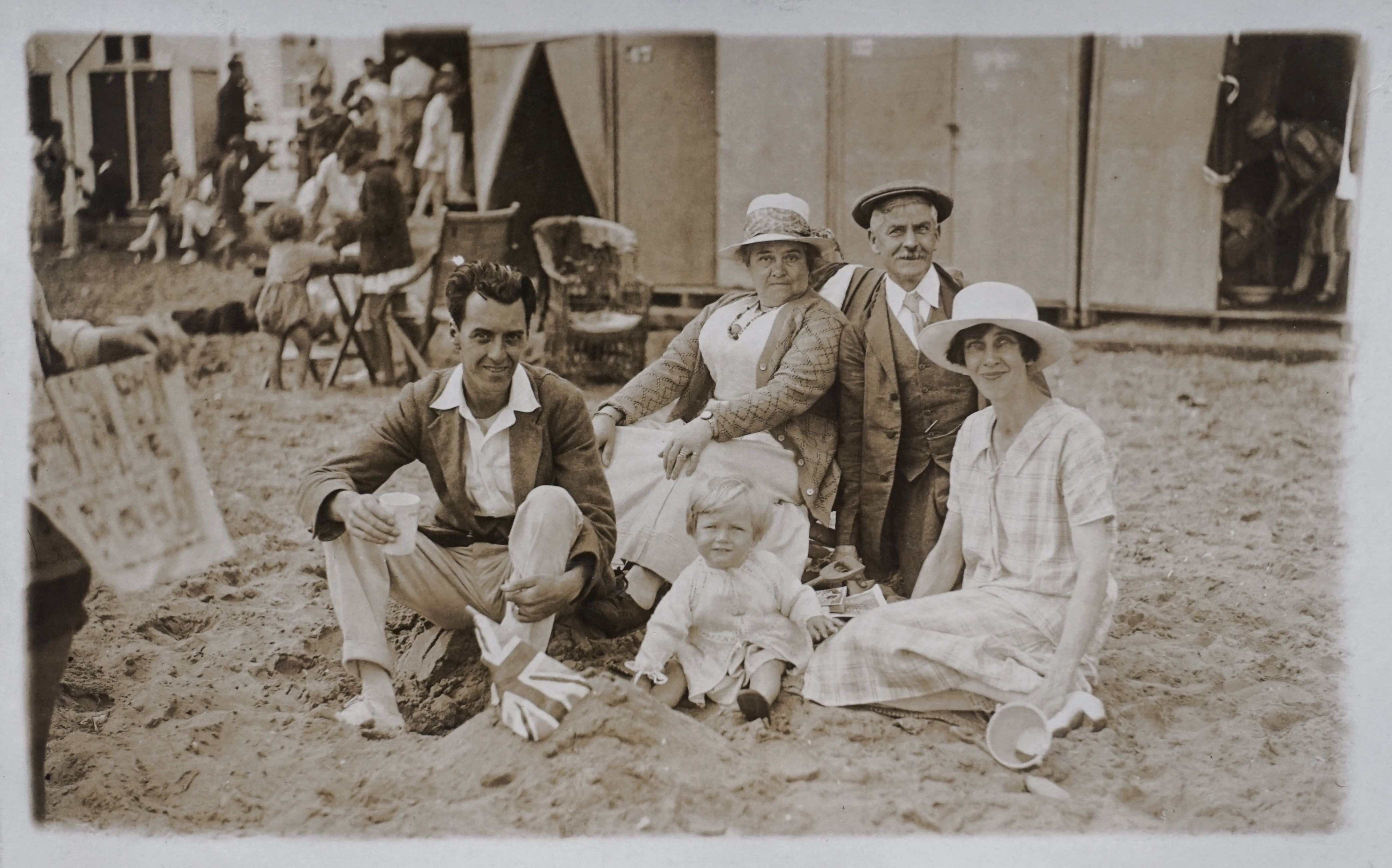
10 Reasons to Write a Family History Book
10 REASONS TO WRITE A FAMILY HISTORY BOOK
“If you cannot get rid of the family skeleton, you may as well make it dance.” —George Bernard Shaw
Researching family history is a sublime endeavor. All individuals are the product of their ancestors’ path through life. After all, every generation compounds the legacy of previous ones.
Indeed, family history is an indispensable element in everyone’s identity.
Family history is often an abstract concept, though. It can be quite complex to translate one’s ancestors into a tangible form. Naturally, photographs and video help capture family history. However, documentary evidence does not always exist.
There’s a plethora of reasons why chronicling family history is a worthwhile exercise.
Here are some of the reasons we think that writing a family history book is a marvelous way to preserve genealogy.
Top 10 Reasons to Write a Family History Book

1. Family History Matters
Undoubtedly, family history is a crucial element in a person’s identity. After all, understanding one’s roots is a fundamental element that comprises personal identity.
In a 2014 study, more than 60 percent of subjects surveyed indicated that “it has become more important than ever now to know their family history.” Moreover, the respondents indicated that “the past is important to understanding who they are today.”
As renowned American author Alex Haley once said, “In all of us, there is a hunger, marrow deep, to know our heritage – to know who we are and where we came from.” For most people, deciphering their genealogical roots is at the forefront of their identity. Thus, uncovering family history fulfills this purpose.
Also, people who come from immigrant families often yearn to piece together their genealogy. Unfortunately, many details regarding ancestry get lost over the years.
However, the internet has now facilitated research. Additionally, companies specializing in genealogy have aided millions of individuals in piecing together their family histories. Indeed, family history matters now more than ever.
2. An Ongoing Narrative of Family History Connects Past and Present
When a person lacks knowledge of their ancestry, they tend to feel isolated in the world. Knowing one’s family history can remedy feelings of separation and disconnection.
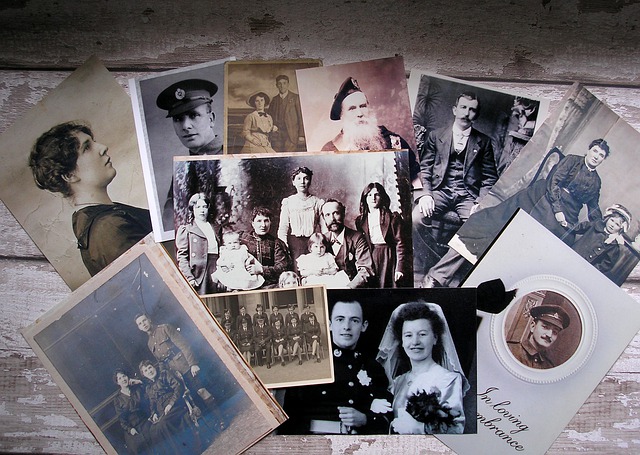
By discovering ancestry, people can reconnect with their past. In doing so, they create an ongoing narrative.
The concept of an ongoing narrative suggests the need to preserve the past while writing new chapters in the present. Moreover, there is a sensation of projecting the future within the mesh of an uninterrupted continuum.
Finally, this continuum provides individuals with a sense of collectiveness.
American author Liam Callanan offers this pearl of wisdom: “We all carry inside us, people who came before us.” This statement is true both genetically and culturally.
All people walking on Earth today carry their ancestors’ genes. In addition, every human being is the result of cultural consciousness. This consciousness continues from generation to generation.
The sum of both culture and genetics leads to every unique human being. Whether aware or not, every individual on this planet is part of an ongoing narrative. Those who consciously add to the narrative can create wonderful chapters at every turn.
3. Documenting the Narrative is Worthwhile
Penning a family narrative may seem like a presumptuous endeavor. Some may feel that family histories belong to wealthy households. However, all families have a narrative that unfolds over time. The exciting part is documenting this narrative.
Current generations have a fantastic opportunity to document every aspect of their lives. After all, modern technology has made it easier than ever to record all facets of life.
However, previous generations did not have this luxury. As a result, writing a family history enables current generations to document the lives, challenges, struggles, and victories of previous generations. Most importantly, current generations can leave a foundational document for future generations to build on.
Documenting previous generations may include photos, letters, accounts, anecdotes, and various artifacts.
For instance, jewelry, furniture, books, or mementos all possess unquantifiable value.
In particular, the stories attached to each artifact help build the narrative surrounding individual family members or the family as a collective entity.
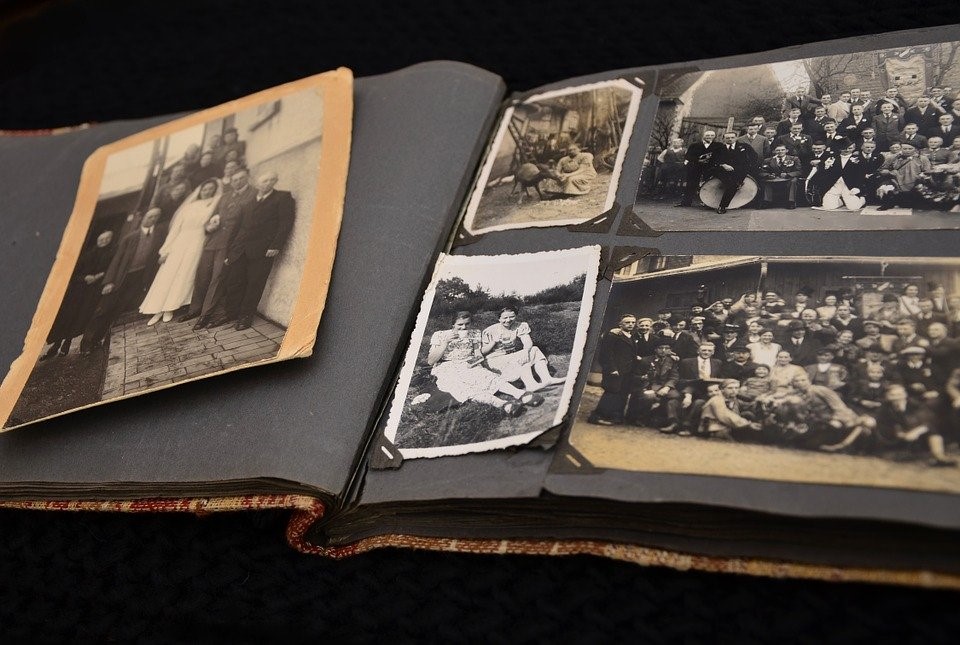
Ultimately, documenting family narrative provides substance to anecdotes. Moreover, family history gains remarkable depth by establishing a deeper link between an abstract past and a concrete present. It is akin to bringing the past back to life.
4. Families Are Important to Individuals and Communities
It’s no secret that families are important to individuals. At a broader level, though, families are also important to entire communities.
Uncovering family history can fill in the gaps of collective history. Thus, it is a process that starts from the inside and moves toward the outside. In other words, single families become the foundation for broader communities. Then, communities build nations.
Bestselling author Michael Crichton once remarked, “If you don’t know your history, then you don’t know anything. You are a leaf that doesn’t know it is part of a tree.” Indeed, every person is a leaf on a tree. Yet, sadly, many do not realize that their tree has roots deep into the ground.
In fact, descendants of immigrant families can frequently trace their ancestry back to a single family or group of families. By doing this, they can see the part their ancestors played in the development of entire towns and communities.
5. Family Trees Are Too Simple
Many families pride themselves on identifying their lineage. Indeed, having a clear and elaborate family tree can provide substance to an individual’s identity.

However, family trees are very simple devices.
While they require copious amounts of work to produce, they do not offer depth to a family’s history.
After all, family trees are names and sometimes pictures of people long gone. They cannot speak.
In contrast, a family history book can have as many voices as there are family members. A detailed family history can give voices to the names and faces on a tree. Moreover, family history books add a profound touch to an otherwise sterile genealogical exercise.
John Bond, the author of The Story of You, offers this insightful passage about writing a family history: “It makes names into real, live people. Family stories help you and your family become more than a birth and a death date.”
Unfortunately, seeing ancestors solely in terms of dates robs their right to a voice. A family history book provides a voice to the names and dates on the tree.
6. Memories Fade and Fragment Over Time
Oral tradition is a stalwart of human history. Without it, much of the world’s history and knowledge would have disappeared long ago.
However, with oral history, there is no guarantee of the accuracy of all accounts. Instead, the issue lies in the fragmentation of stories and accounts over time. When generations hand stories down to the next, these stories often become distorted. While this distortion is hardly intentional, it occurs, nonetheless.
There is, however, a way to stop fragmenting stories.
Putting family stories into black and white preserves their integrity. It offers future generations the opportunity to discover their ancestry through the eyes and mouths of their ancestors. This approach provides tremendous insight into history as told by those who lived it.
In fact, many of the world’s greatest books, such as the Bible and Koran, have their roots in oral tradition. At some point, someone took the time to write down those oral accounts to preserve them forever.
A line from Janice T. Dixon’s 1997 book Family Focused peers into the minds of virtually all people: “I am not famous or rich, but I still want to be remembered.” Undoubtedly, people from all walks of life want their memory to endure.
7. Giving Voice to the Misrepresented Delivers Justice
There are instances in which history paints families, or entire communities, in an unfavorable light. Such is often the case of specific ethnic and minority groups.
Family history books provide an opportunity for current generations to set the record straight and allow misrepresented groups to have their turn to speak.
For example, minority groups such as African slaves and Native Americans have historically received unfair treatment in mainstream history textbooks.
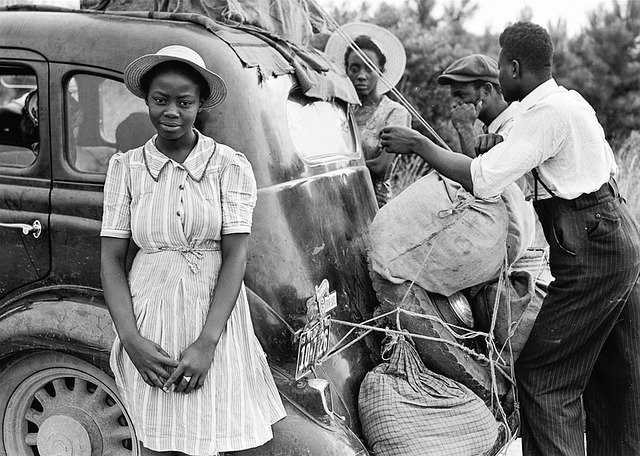
Such unfair treatment can change with an appropriate family history book. Part of social and ethnic fairness involves giving victims of past injustices the voice they deserve.
Judy Barrington, author of Writing the Memoir: From Truth to Art, provides this meaningful thought: “For members of marginalized groups, speaking personally and truthfully about our lives plays a small part in erasing years of invisibility and interpretation by others.”
As such, the time has come to give forgotten souls the voice they deserve.
Voices long suppressed by oblivion now have their turn to seek freedom. Today’s generation now has the chance to hear the other side of the story. Ultimately, doing justice is about returning the voice of those silenced by unfair history textbooks.
8. Representing Female Voices is Long Overdue
Traditionally, family histories take on a paternalistic tone. As such, lineage often follows male lines. After all, most families inherit male surnames.

This approach robs females of their rightful place in family histories.
Because of male-transmitted surnames, female presence tends to fade into the family genealogy.
Undoubtedly, female contributions are the backbone of all families.
However, simple diagrams like family trees cannot represent the scope of female contributions appropriately.
Therefore, family history books offer female voices the chance to take their rightful spot within the narrative.
Patricia Law Hatcher, in her book Producing a Quality Family History, offers this magnificent thought on female lines:
“The traditional descendants of genealogy usually begin with the immigrant and follows descendants for some number of generations. Often, they have a paternalistic bend and follow only male descendants who bore the surname.”
This line of thinking clearly emphasizes the skew toward male lines. Therefore, female voices lose their place. As Law Hatcher concludes, “In the future we hope to see less short-changing of maternal lines and collateral lines in published material.”
“Short-changing female lines” is an understatement. Modern family history projects must strive to provide maternal lines the importance they deserve.
9. All Family Histories Matter
Generally speaking, affluent families tend to chronicle their histories. Moreover, biographers and historians gravitate toward families within upscale social circles. However, focusing merely on such families is a gross injustice.
Poor families from less-privileged backgrounds have so much to offer. These families are the ones that offer substance to reality. After all, wealthy families account for a small fraction of society’s overall population. Therefore, it makes sense to focus on those less-than-affluent families. Their stories reveal the real world beneath the glossy surface.
Patricia Law Hatcher mentions the following ideas about family histories:
“Genealogical publishing was accessible primarily to the affluent. Modern genealogists are researching ancestors who are relatively recent immigrants, landless, illiterate, living on the frontier, or migrating. There seems to be a trend away from idealizing our ancestors.”
Indeed, the thought of romanticizing ancestors withers in the face of reality. For many people, their ancestry stems from adventurous folks who faced harsh conditions. These ancestors were the ones who laid the foundation for the prosperous lands known today. Consequently, they, too, deserve recognition for who they truly were.
10. Long Forgotten Ancestors Should be Reclaimed and Humanized
Forgetting ancestors is a sad reality. Unfortunately, the longer time passes, the easier it becomes to forget past generations.
Current generations tend to face recency bias; that is, they defer their respect to those family members they knew.
In contrast, current generations tend to let go of those ancestors they never met.
Family history books offer the opportunity to humanize long-forgotten individuals.
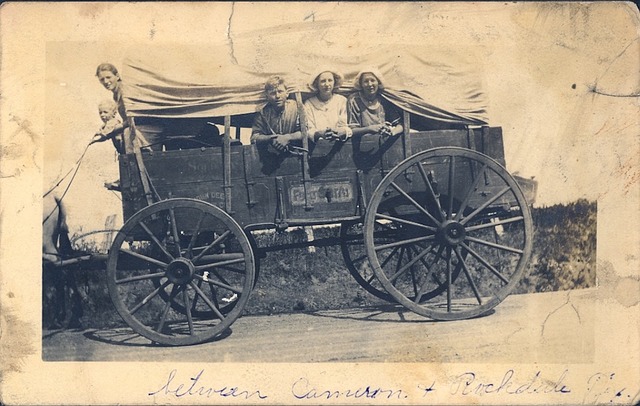
By humanizing them, ancestors re-emerge to claim their place within the family history. This allows current generations to truly understand those who came before them.
Janice T. Dixon had this to say about her experience with humanizing previous generations: “The generations slipped away as I shared her grief for a moment. In reading her words, I felt closer to my grandmother than I ever have.”
This statement encapsulates the human nature that envelopes all ancestors. By transporting readers to the past, they can figuratively step into their ancestors’ shoes. Ultimately, there is room for a deeply personal experience.
Undoubtedly, a family history of this nature allows readers to come face to face with those who blazed the trail they now walk on.
Conclusion
Writing a family history book is an exercise in reviving the past. This exercise enables current generations to see how their ancestors shaped today’s society.
Most importantly, a thorough exercise into family history allows forgotten voices to come back to life.
In particular, family history is an exercise in justice. A great family history book allows misrepresented voices to have their day. It is now possible to give long-forgotten ancestors the chance to tell their side of the story.
Ultimately, a relatively sterile exercise of chronicling dates and names can come alive by humanizing those names and dates.
In the words of British cartoonist Ashleigh Brilliant, “If you don’t believe in ghosts, you’ve never been to a family reunion.”
Unquestionably, those ghosts come to life when families come together.
Related Content
- 0 Comment



